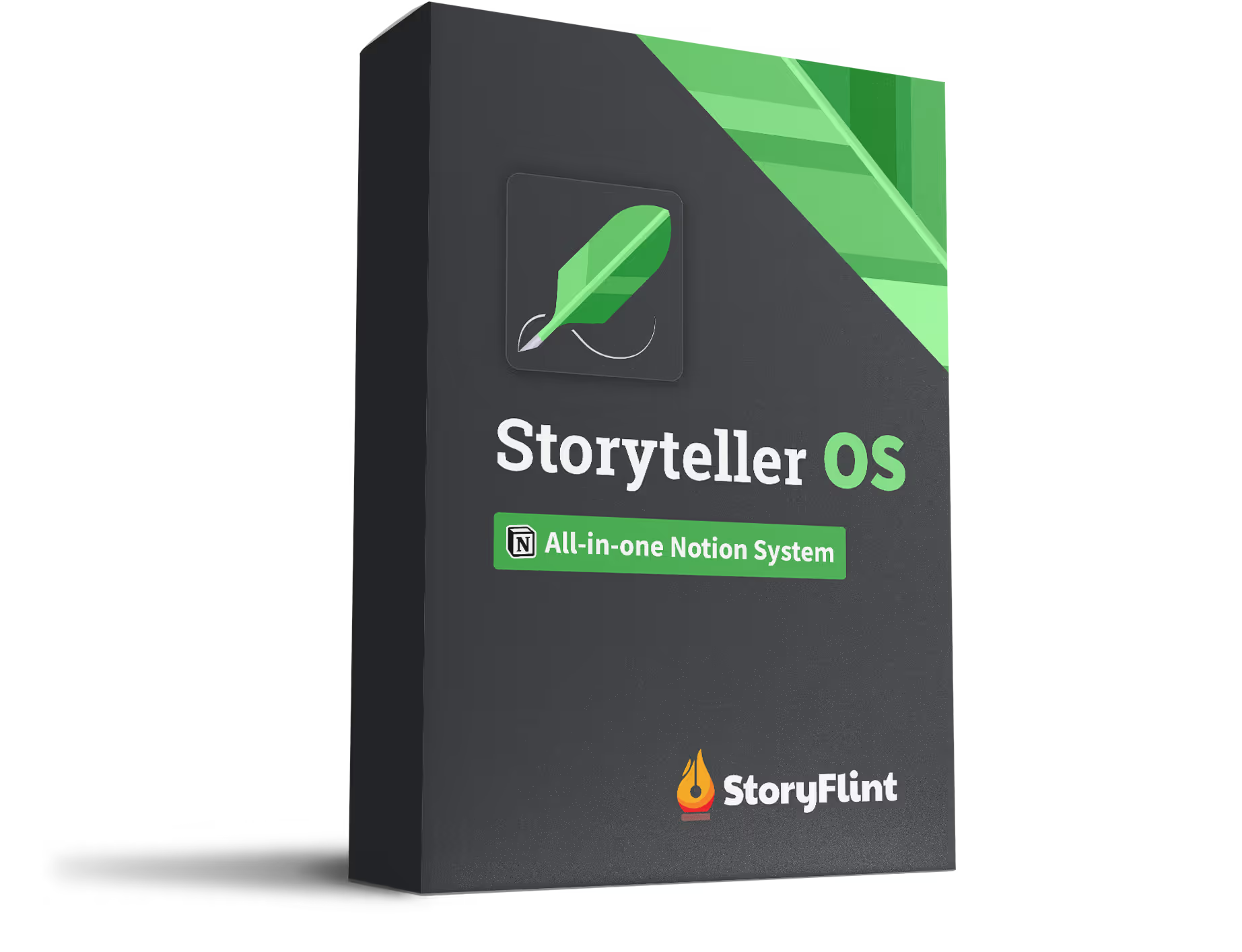[.tldr-section]TL;DR – Anti-Hero Definition:
An anti-hero is a main character who lacks traditional heroic traits like courage, morality, or idealism, but still drives the story forward. They’re often deeply flawed, morally ambiguous, and sometimes downright unlikeable—but their complexity makes them compelling, relatable, and perfect for modern storytelling.[.tldr-section]
What is an Anti-Hero?
If heroes are noble knights in shining armor, anti-heroes are the ones with dented helmets, questionable motives, and a flask hidden under their cape. An anti-hero is not a villain, but they also aren’t the model of virtue. They sit in the messy middle.
The appeal comes from their imperfections. Audiences see themselves in characters who make mistakes, wrestle with morality, or choose selfishness over selflessness. In other words, anti-heroes feel human.
Quick definition: An anti-hero is a protagonist who doesn’t embody typical heroic values but still serves as the main driver of the narrative.
Anti-Hero Meaning vs. Hero vs. Villain
Let’s break this down clearly:
- Hero: Embodies courage, morality, and selflessness. Think Superman or Samwise Gamgee.
- Anti-Hero: A flawed protagonist whose questionable choices create conflict but still keep the audience rooting for them. Think Walter White or Jay Gatsby.
- Villain: Opposes the hero and usually serves as the main antagonist, often motivated by greed, cruelty, or destruction. Think Sauron or Darth Vader.
👉 The difference? Anti-heroes blur the lines. They might save the day—but often for selfish reasons, not noble ones.

Why Are Anti-Heroes So Popular?
Audiences today crave complexity. In a world that feels gray rather than black-and-white, anti-heroes mirror our reality. Perfect heroes feel distant; flawed heroes feel like us.
From Shakespeare’s Hamlet to HBO’s Tony Soprano, anti-heroes give us a chance to explore moral ambiguity without leaving our couch. We get to ask: What would I do in their place?
As K.M. Weiland reminds us, strong stories often revolve around the Lie a character believes and the tension between what they want and what they truly need. Anti-heroes thrive in that gap.
Types of Anti-Heroes
Not all anti-heroes are created equal. Here are the most common archetypes:
1. The Tragic Anti-Hero
Haunted by flaws or past mistakes, their downfall feels inevitable. Example: Jay Gatsby in The Great Gatsby—romantic, obsessed, doomed.
2. The Vigilante Anti-Hero
Takes justice into their own hands when the system fails. Example: Batman (The Dark Knight), Dexter Morgan (Dexter).
3. The Byronic Hero
Dark, brooding, charismatic, and self-destructive. Example: Heathcliff in Wuthering Heights.
4. The Corrupted Anti-Hero
Starts with noble intentions but slides into moral compromise. Example: Walter White (Breaking Bad).
5. The Reluctant Anti-Hero
Dragged into conflict despite flaws, often sarcastic or lazy but still capable of greatness. Example: Han Solo (Star Wars).
6. The Comedic Anti-Hero
Selfish, inept, or morally off—but used for humor. Example: Michael Scott (The Office) or Phil Dunphy (Modern Family).
Anti-Hero Examples in Literature and Film
To write them well, you need to study them across genres.
- Literature: Hamlet (Hamlet), Jay Gatsby (The Great Gatsby), Meursault (The Stranger).
- Film: Travis Bickle (Taxi Driver), Tyler Durden (Fight Club), Jack Sparrow (Pirates of the Caribbean).
- TV: Walter White (Breaking Bad), Tony Soprano (The Sopranos), Villanelle (Killing Eve).
- Romance: Mr. Rochester (Jane Eyre)—moody, brooding, problematic.
- Mystery/Thriller: Lisbeth Salander (The Girl with the Dragon Tattoo)—genius, violent, unpredictable.
- Memoir/Nonfiction: Think of works where the author highlights their own flaws—like Augusten Burroughs in Running with Scissors.
👉 The variety shows how flexible the anti-hero archetype is. You can fit them into any genre, as long as you lean into their contradictions.
Why Writers Love Anti-Heroes (and Why They’re Hard to Write)
The Benefits
- Relatability: Audiences connect with characters who mess up.
- Moral Tension: Anti-heroes force audiences to wrestle with right vs. wrong.
- Narrative Drive: Flawed choices = conflict, and conflict fuels story.
The Challenges
- Likeability Balance: Too unlikeable = audiences check out. Too noble = they stop being an anti-hero.
- Consistency: Their flaws must feel baked into their worldview, not random quirks.
- Arc Alignment: They need a Want vs. Need battle (per Weiland), otherwise they risk feeling flat.
How to Write a Compelling Anti-Hero
Here’s a framework to build one:
1. Start with Their Lie
What flawed belief drives them? Example: Walter White’s lie—he’s doing it “for his family.”
2. Define Their Want vs. Need
- Want: What they think will fix their life (money, revenge, love).
- Need: The truth they must face (self-acceptance, moral responsibility).
3. Give Them a Ghost (Past Wound)
Their past trauma or failure shapes their flaws. Think Tony Soprano’s panic attacks.
4. Add Contradictions
Strong anti-heroes are layered. They might be cruel but kind to children, selfish but loyal to a friend. Contradictions make them human.
5. Tie Them to the Theme
Per John Truby, theme is your moral argument—your vision of how people should act. Anti-heroes let you explore that in complex, messy ways.
6. Plan Their Arc
Will they:
- Change positively (discover truth, grow)?
- Stay flat (hold to their worldview despite challenges)?
- Fall negatively (succumb to flaws, destroy themselves)?
7. Test Them with Choice
The climax of any anti-hero story must force the hardest decision. Will they embrace the truth or double down on the lie?
Anti-Hero vs. Villain: Key Differences
- Motivation: Anti-heroes often want good things (justice, love, freedom) but go about it in questionable ways. Villains want control, destruction, or power for its own sake.
- Sympathy: Anti-heroes invite empathy. Villains usually don’t (unless they’re written as sympathetic antagonists).
- Narrative Role: Anti-heroes are the protagonist. Villains are usually the obstacle.
👉 Gray area exists—sometimes an anti-hero becomes the villain (Michael Corleone in The Godfather).
Checklist: Is Your Character an Anti-Hero?
- Do they lack traditional heroic qualities?
- Are they still the central figure of the story?
- Do they have a clear Want vs. Need conflict?
- Do their flaws create meaningful conflict?
- Are they relatable (even if not likeable)?
- Does their journey tie to the story’s theme?
If you answered “yes” to most, congrats—you’ve got yourself an anti-hero.

Common Mistakes to Avoid
- Confusing Anti-Hero with Villain: Make sure they’re still protagonist-driven.
- Making Them Too Passive: Anti-heroes still need goals.
- Forgetting the Arc: Without transformation (positive or negative), they feel flat.
- Overloading Flaws: Don’t pile on too many issues or they become unbelievable.
FAQs about Anti-Heroes
What is an anti-hero in simple terms?
A flawed protagonist who doesn’t act like a typical hero but still drives the story.
Can an anti-hero be a villain?
Sometimes. Anti-heroes can become villains if their flaws consume them.
Are anti-heroes always male?
Nope. Villanelle (Killing Eve) and Lisbeth Salander (The Girl with the Dragon Tattoo) are standout female anti-heroes.
What’s the difference between an anti-hero and an anti-villain?
An anti-hero is a flawed protagonist. An anti-villain is an antagonist with sympathetic goals.
Why do audiences love anti-heroes?
Because they reflect real human struggles—flaws, mistakes, and all.
Bringing It Back to You (The Writer)
If your protagonist feels too squeaky-clean, consider sprinkling in some anti-hero DNA. Give them flaws, contradictions, and moral tension. Audiences will thank you for it.
And if you’re overwhelmed trying to track those contradictions and arcs, well, that’s why tools like the StoryFlint's Storyteller OS exist. Organize your anti-hero’s traits, flaws, and growth in one place—so you can focus on the fun part: writing.
Final Thoughts: The Gray Makes Them Great
Anti-heroes aren’t just cool—they’re timeless. From Greek tragedy to prestige TV, they’ve always been with us. They remind us that people are messy, morality is complex, and the line between good and evil is thin.
As a writer, leaning into anti-heroes gives you freedom. You get to explore questions that neat-and-tidy heroes can’t touch. And when you nail it, you don’t just entertain your audience—you make them wrestle with themselves.
So go ahead. Give your protagonist some flaws. Make them selfish, scared, stubborn, or scarred. Just don’t forget the beating heart of an anti-hero: the struggle between who they are and who they might become.




